Gang Gang Cockatoo Parrot Eggs For Sale
$40.00
Fertile Gang Gang Cockatoo Parrot Eggs For sale
Eggs comes with hatching incubator hand booklet.
Sales contract document.
We sell all our eggs, Only when the eggs are 7 days old.
All Eggs available now.
Our shipping and delivery is 100% safe and guaranteed.
Description
Gang Gang Cockatoo Parrot Eggs For Sale
Gang Gang Cockatoos are a distinctive species of cockatoo found in southeastern Australia. Breeding these parrots and caring for their eggs requires specific knowledge and conditions to ensure successful hatching and healthy chicks. Here are some key points about Gang Gang Cockatoo eggs:
Egg Laying and Incubation
1. Breeding Season: The breeding season for Gang Gang Cockatoos typically occurs from October to January.
2. Nesting: These cockatoos prefer to nest in tree cavities, often in eucalyptus trees. Providing a suitable nest box that mimics this environment can encourage breeding in captivity.
3. Clutch Size: A typical clutch consists of 2 to 3 eggs.
4. Incubation Period: The eggs are incubated for about 24 to 30 days. Both parents usually take turns incubating the eggs.
5. Temperature and Humidity: Maintaining appropriate temperature (around 37.5°C or 99.5°F) and humidity levels (around 50-60%) is crucial during incubation if using an incubator.
Egg Care
1. Handling: Eggs should be handled minimally and with clean hands to avoid introducing bacteria.
2. Turning: If the eggs are in an incubator, they should be gently turned several times a day to ensure proper development.
3. Candling: This process involves shining a light through the egg to check for fertility and monitor embryo development. It can be done a few days after incubation starts and periodically thereafter.
Chick Rearing
1. Hatching: Once the incubation period is complete, chicks will begin to pip (break through the shell). It can take up to 24 hours for them to fully emerge from the egg.
2. Feeding: In the wild, parents feed the chicks regurgitated food. In captivity, a suitable hand-rearing formula should be used if the parents are not feeding the chicks.
3. Growth and Development: Chicks grow rapidly and will start to feather within a few weeks. They are typically ready to leave the nest (fledge) at about 6 to 8 weeks old.
Conservation and Ethical Considerations
Gang Gang Cockatoos are a protected species, and it’s important to ensure that breeding and raising these birds is done ethically and in accordance with local wildlife regulations. This includes ensuring that any breeding birds were obtained legally and that their offspring are not contributing to illegal wildlife trade.
Tips for Successful Breeding
1. Diet: Ensure that breeding pairs have a diet rich in nutrients, including seeds, nuts, fruits, and vegetables, to promote health and fertility.
2. Environment: Provide a spacious and enriching environment that mimics their natural habitat as closely as possible.
3. Health Checks: Regular veterinary check-ups for breeding pairs can help prevent and address any health issues that may affect breeding success.
By following these guidelines, breeders can help ensure the health and well-being of Gang Gang Cockatoo eggs and chicks, contributing to the conservation and appreciation of this unique parrot species.
The Gang Gang Cockatoo has a relatively restricted distribution in South-eastern Australia. They are mainly found in the higher altitude old-growth eucalypt forests. In winter it may move down into lower altitude woodlands and even into settled areas such as Canberra. Buy Gang Gang Cockatoo.
The seeds of the forest eucalyptus and acacias make up most of their diet, which is supplemented by other plant material and insects. In summer it is usually seen in family groups but may flock together in winter, especially when feeding amongst berry-laden trees and shrubs.
In Canberra, in winter it is especially fond of Cotoneaster and hawthorn (Crataegus) berries and flocks of 20 or more are not uncommon.
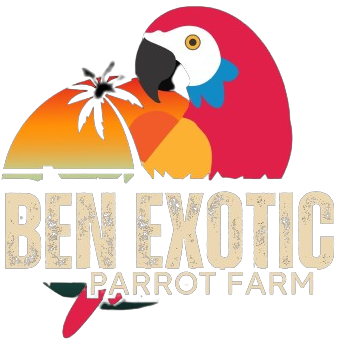
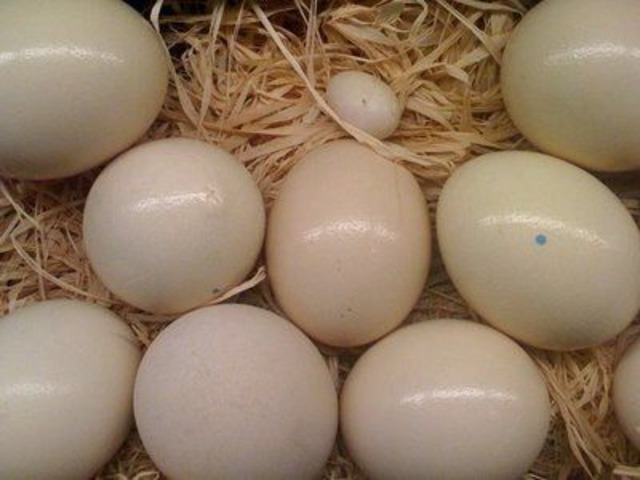
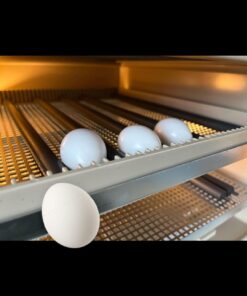
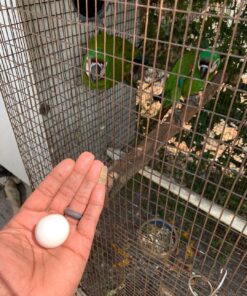
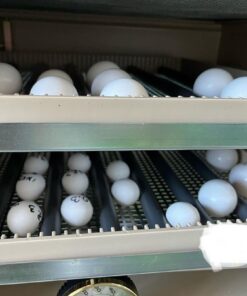
Marylin –
consantly i used tto read smaller articles that aas wel clear
their motive, and thst is also haopening with thks piece off writting which I amm
reading now.
My webpag porn
ремонт техники в мск –
Профессиональный сервисный центр по ремонту бытовой техники с выездом на дом.
Мы предлагаем:ремонт крупногабаритной техники в москве
Наши мастера оперативно устранят неисправности вашего устройства в сервисе или с выездом на дом!